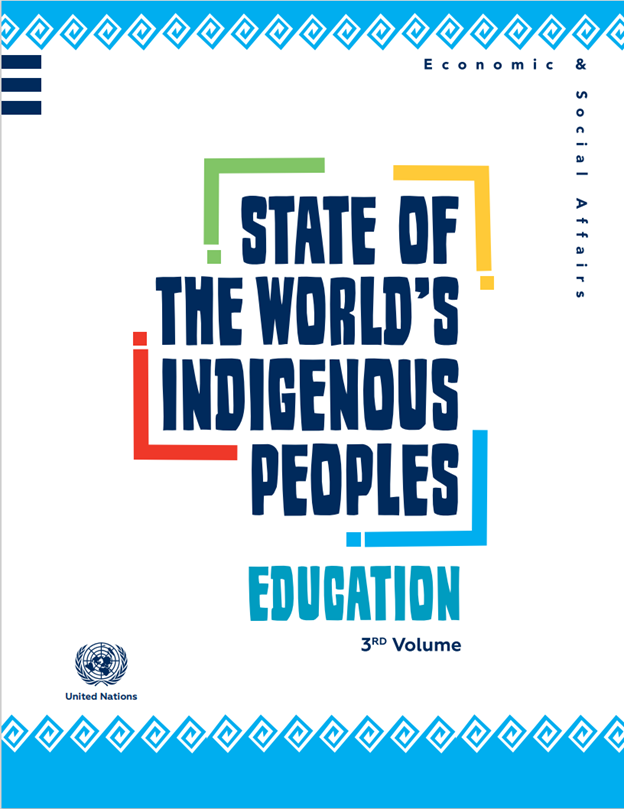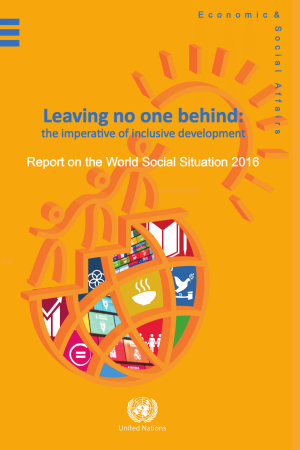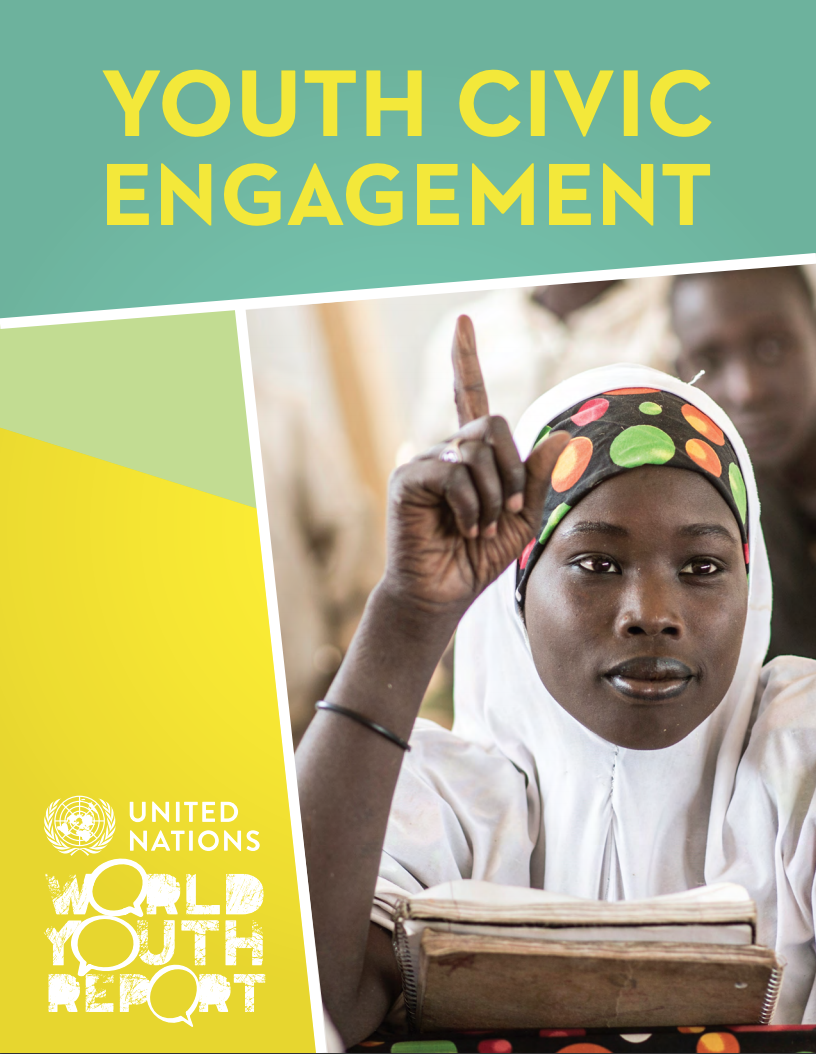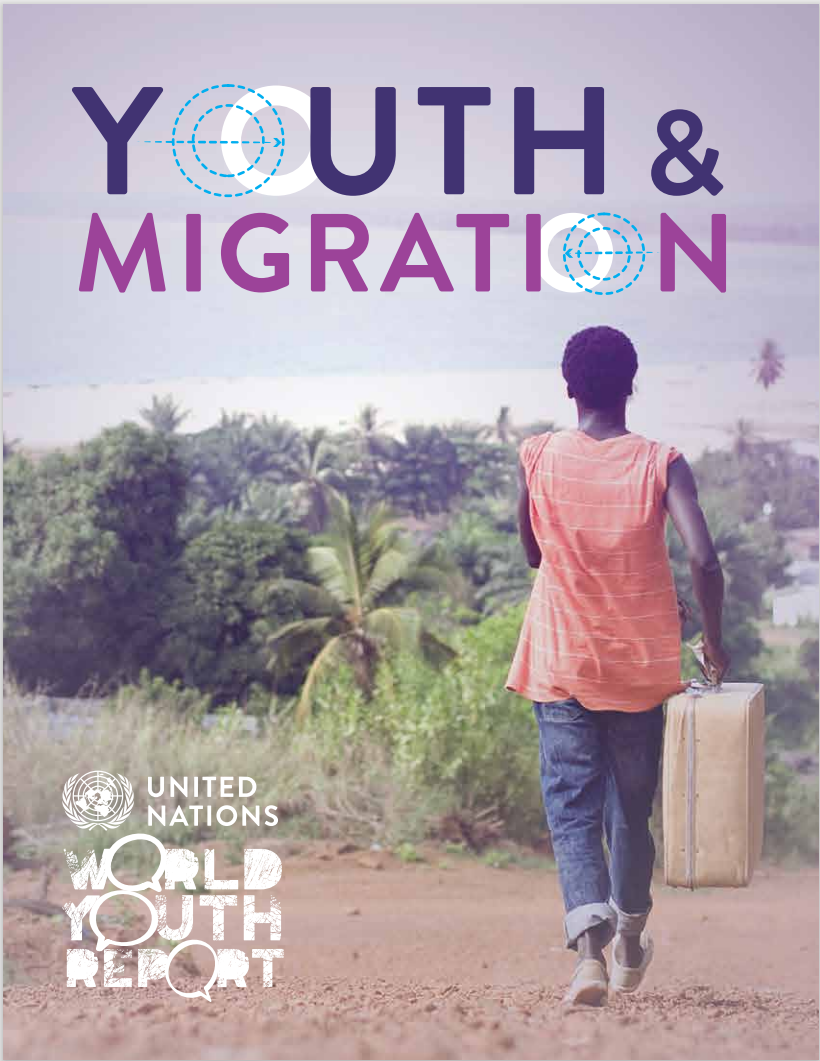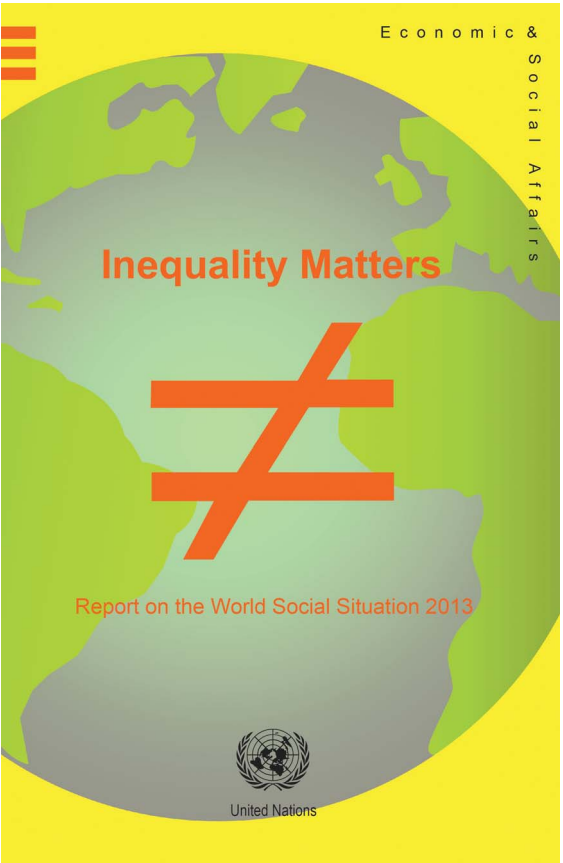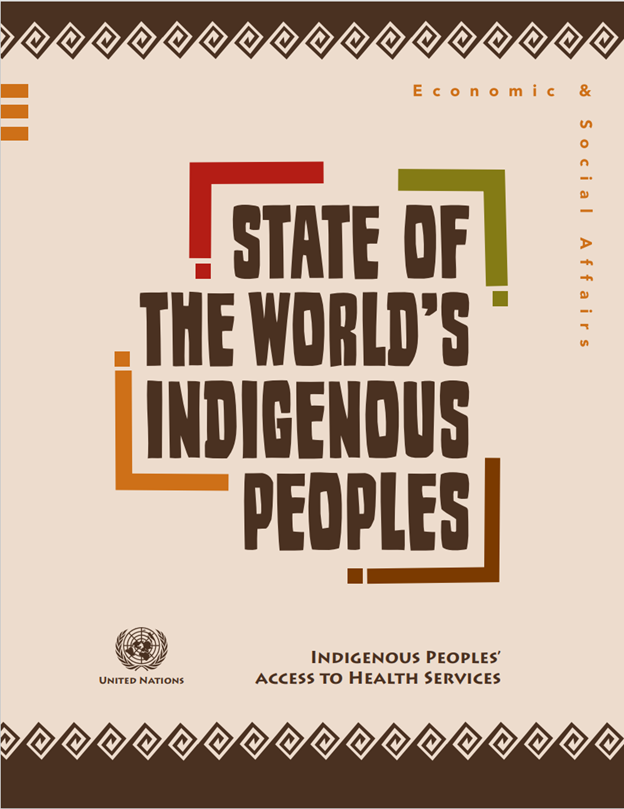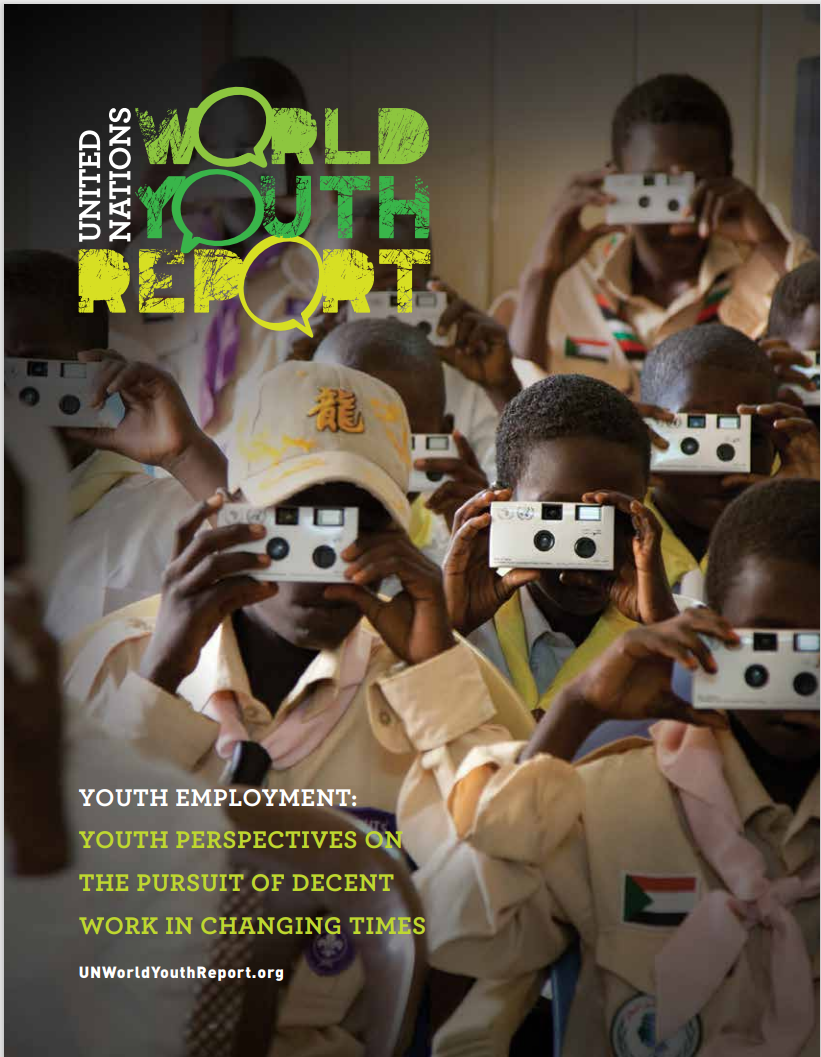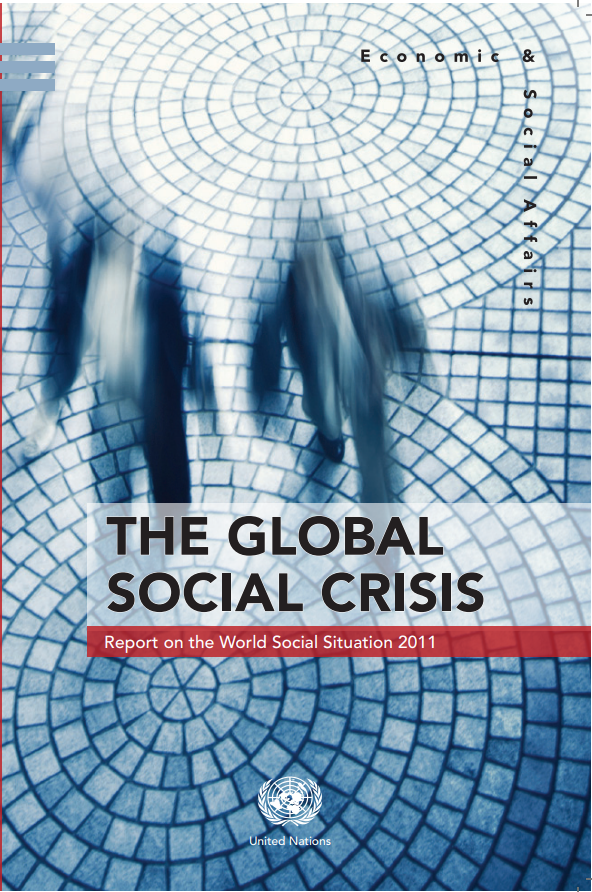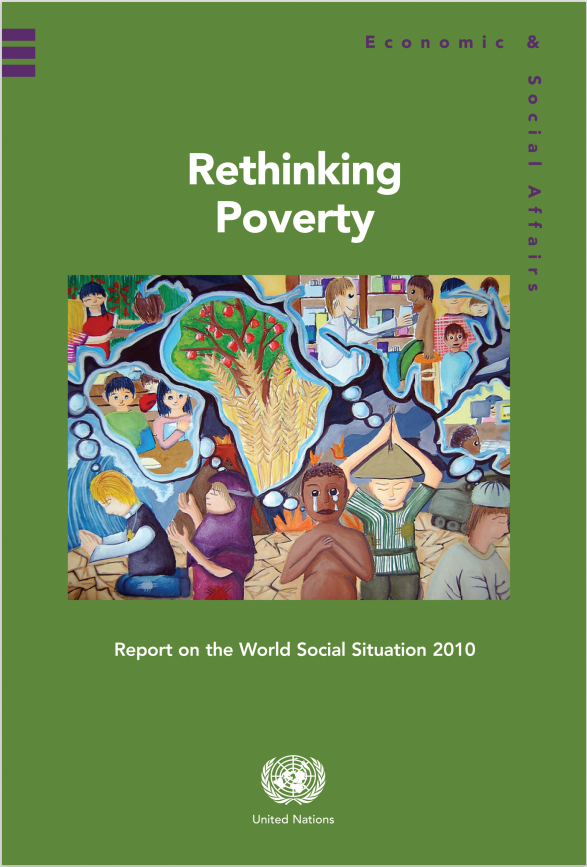Publications
Displaying 11 - 20 of 30
Flagship Reports |
Universal social protection is a potent development policy tool that can alleviate poverty, inequality and social exclusion. Few countries have been able to reduce poverty and improve living conditions on a broad scale without comprehensive social protection systems in place.
The international community’s consensus on the importance of social protection has been reinforced with the adoption of the 2030 Agenda for Sustainable Development. Target 1.3 of the Sustainable Development Goals stresses the role of social protection in ending poverty in all its forms, as it seeks the implementation of “nationally appropriate social protection measures and systems for all, including floors”. By…
Flagship Reports |
Recognizing the gaps in analytical research on the situation of indigenous peoples, the Permanent Forum on Indigenous Issues called for a report on the state of the world’s indigenous peoples. The Forum believed that this report will help dispel the myths and inconsistencies about indigenous peoples, and demonstrate their unique identity and traditions, as contributions to the world’s bio-cultural diversity. In response, DESA issued the State of the World’s Indigenous Peoples in 2009. This was the first global, authoritative report by the UN system to focus on indigenous peoples, with the 2014 second edition focusing on Indigenous Peoples’ Access to Health.
The third edition has been…
Flagship Reports |
Humankind has achieved unprecedented social progress over the past several decades. Poverty has declined dramatically around the world and people are healthier, more educated and better connected than ever before. However, this progress has been uneven. Social and economic inequalities persist and, in many cases, have worsened. Virtually everywhere, some individuals and groups confront barriers that prevent them from fully participating in economic, social and political life.
Against this backdrop, inclusiveness and shared prosperity have emerged as core aspirations of the 2030 Agenda for Sustainable Development. A central pledge contained in the 2030 Agenda is to ensure that no one will…
Flagship Reports |
The World Youth Report on Youth Civic Engagement, prepared by the United Nations Department of Economic and Social Affairs (UN DESA), explores young people’s participation in economic, political and community life. UN DESA provides an interface between global policies in the economic, social and environmental spheres and national action.
The UN World Youth Report offers fresh perspectives and innovative ideas on youth engagement, and is intended to serve as an impetus and tool for dialogue, policy discussion and action between youth and government. The current Report responds to growing interest in, and an increased policy focus on, youth civic engagement in recent years among governments…
Flagship Reports |
Youth and Migration The World Youth Report 2013 explores the situation of young migrants from the perspective of young migrants themselves. The report highlights some of the concerns, challenges and successes experienced by young migrants based on their own lives and told in their own voices. Experiences during the different phases of migration are examined including preparation, journey and transit, challenges faced in the destination, as well as awareness and engagement of young people on migration issues. Young people are crucial stakeholders in the pursuit of successful migrations outcomes. However, too often their voices go unheard. As such, the World Youth Report aims to…
Flagship Reports |
World leaders, in adopting the Millennium Declaration in 2000, pledged to create a more equitable world. Yet, income inequality has increased in many countries over the last few decades, as the wealthiest individuals have become wealthier while the relative situation of people living in poverty has improved little. Disparities in education, health and other dimensions of human development still remain large despite marked progress in reducing the gaps. Various social groups, especially indigenous peoples, persons with disabilities and rural populations, suffer disproportionately from income poverty and inadequate access to quality services and, generally, disparities between these groups…
Flagship Reports |
Over the past two decades, international efforts have been made to improve the rights of indigenous peoples, to bring awareness to their issues, including their engagement in developing policy and programmes in order to improve their livelihoods.
In the First Decade of the World’s Indigenous People (1995-2004) the United Nations created the United Nations Permanent Forum on Indigenous Issues as well as the Special Rapporteur on the rights of indigenous peoples. During the Second Decade of the World’s Indigenous People (2005-2015), there have been further initiatives such as the creation of Expert Mechanism on the Rights of Indigenous Peoples.
The adoption of the United Nations Declaration…
Flagship Reports |
Youth Employment: Youth Perspectives on the Pursuit of Decent Work in Changing Times
The World Youth Report 2011 explores the transition of young people from schools and training institutions into the labour market, a phase marking a critical period in the life cycle. The current employment scenario for young people, worsened by the global economic crisis, poses an urgent challenge with long-term implications for both young people and society as a whole. Young people themselves are crucial stakeholders in the pursuit of decent and productive work for all. Yet, too frequently, their voices go unheard and their positive and negative experiences and viewpoints unshared, particularly with…
Flagship Reports |
The Report on the World Social Situation 2011: The Global Social Crisis, published by the United Nations Department of Economic and Social Affairs (UNDESA), finds many governments did not pay sufficient attention to the social implications of the global economic crisis. The report says economic policies considered in isolation from their social consequences often create dire results for people’s nutrition, health and education, which, in turn, adversely affect long-term economic growth.
“The economic crisis reminds us that it is essential for people to be healthy, educated, adequately housed and well fed to be more productive and better able to contribute to society,” said Jomo Kwame…
Flagship Reports |
Fifteen years ago, in Copenhagen, global leaders at the World Summit for Social Development described poverty eradication as an ethical, political and economic imperative, and identified it as one of the three pillars of social development. Poverty eradication has since become the overarching objective of development, as reflected in the internationally agreed development goals, including the Millennium Development Goals, which set the target of halving global extreme poverty by 2015.
Rethinking Poverty, the 2010 issue of the Report on the World Social Situation seeks to contribute to rethinking poverty and its eradication. It affirms the urgent need for a strategic shift away from…
 Welcome to the United Nations
Welcome to the United Nations

